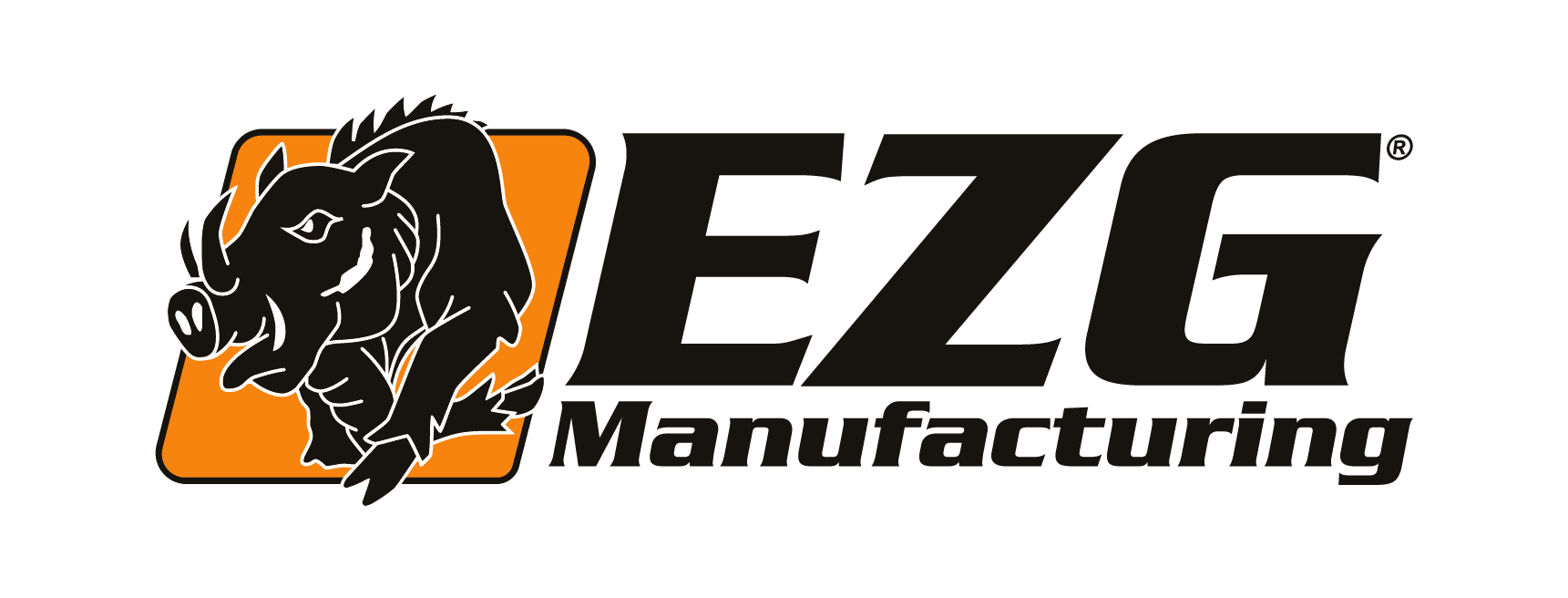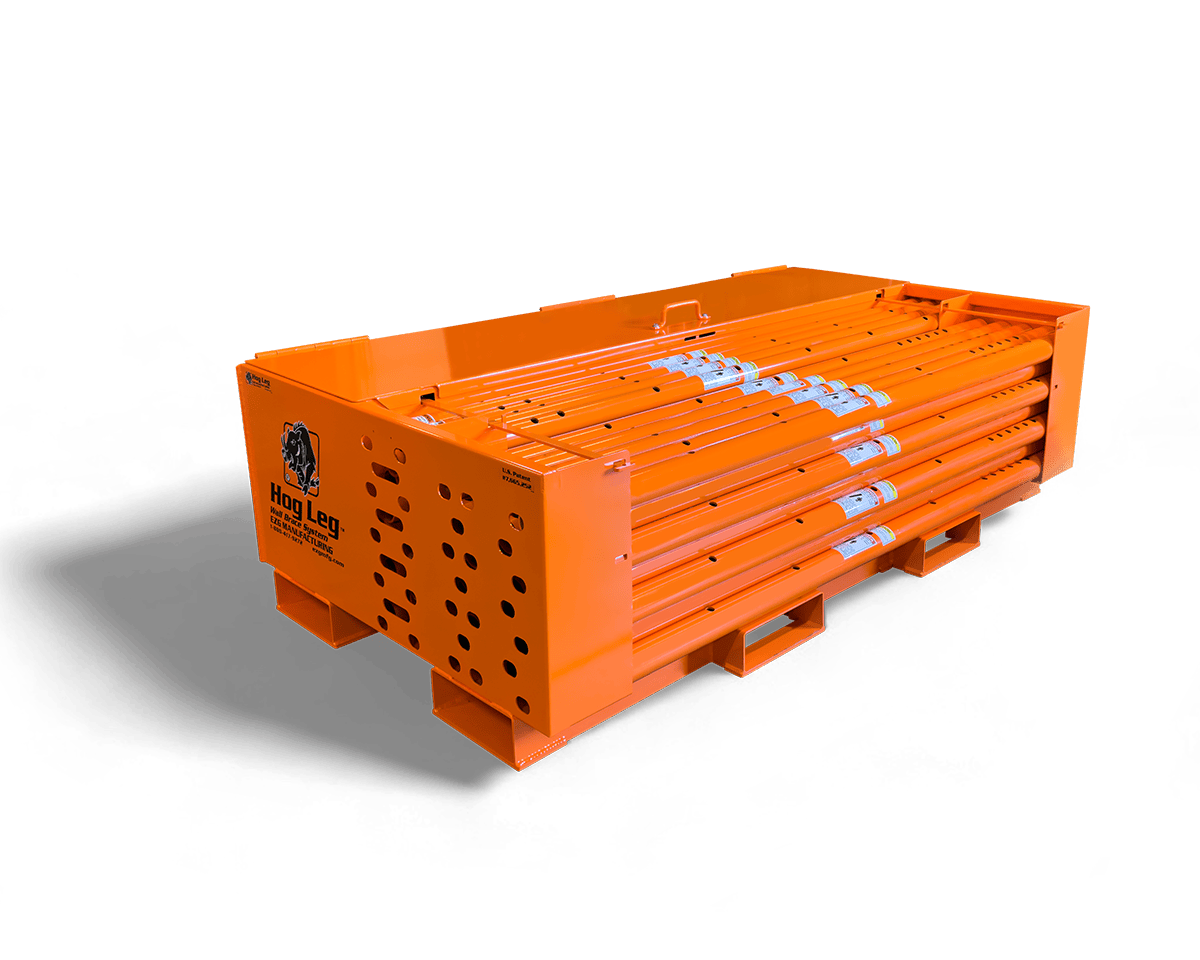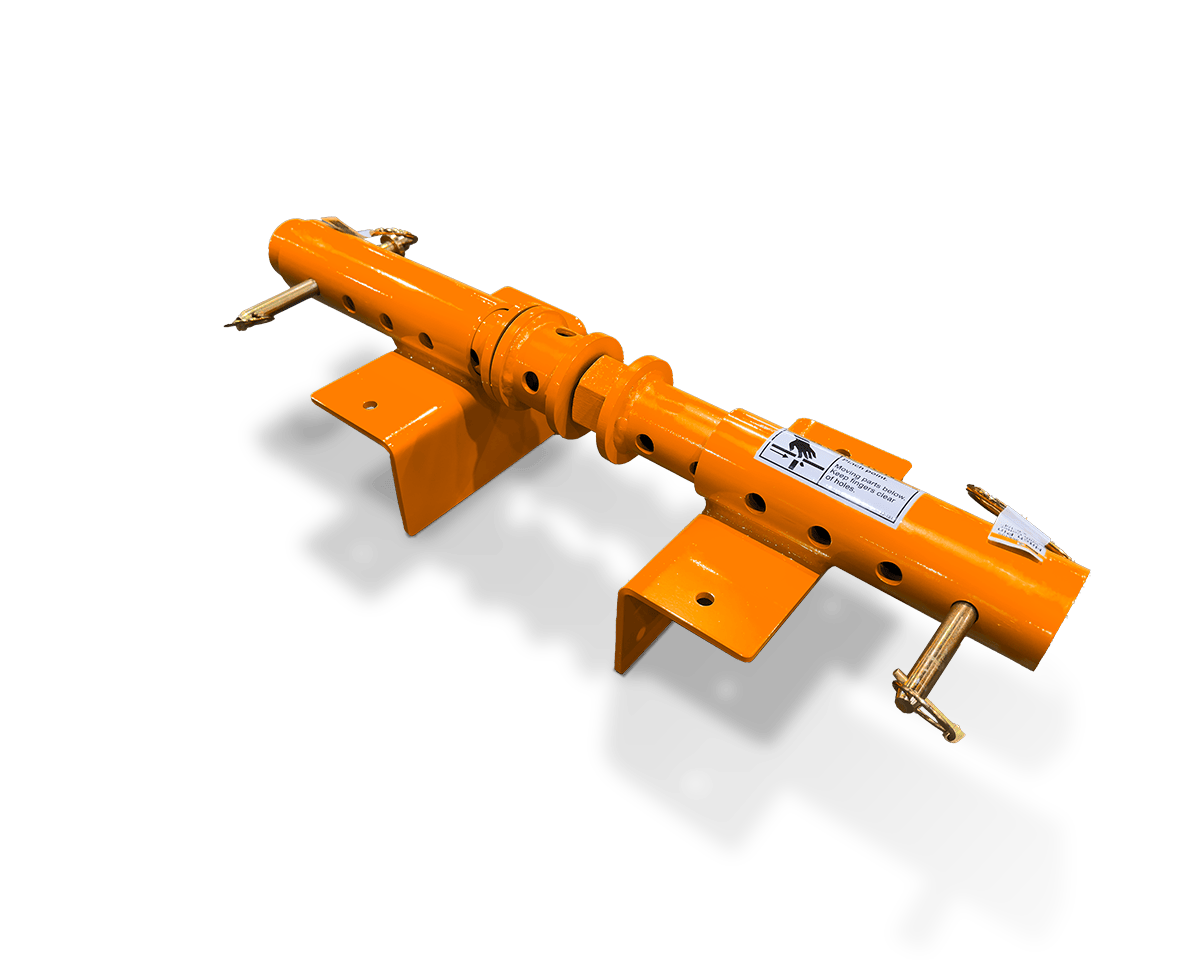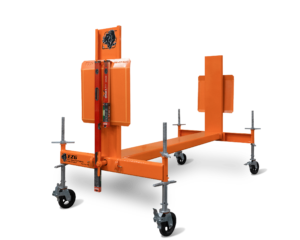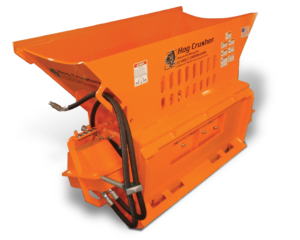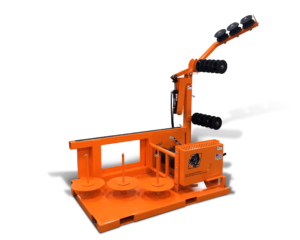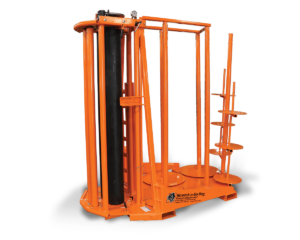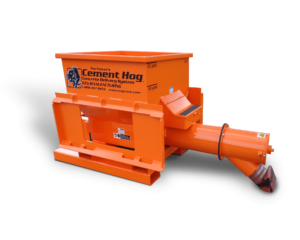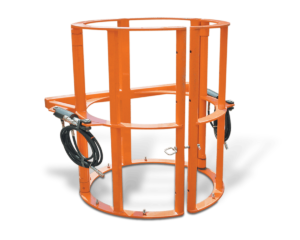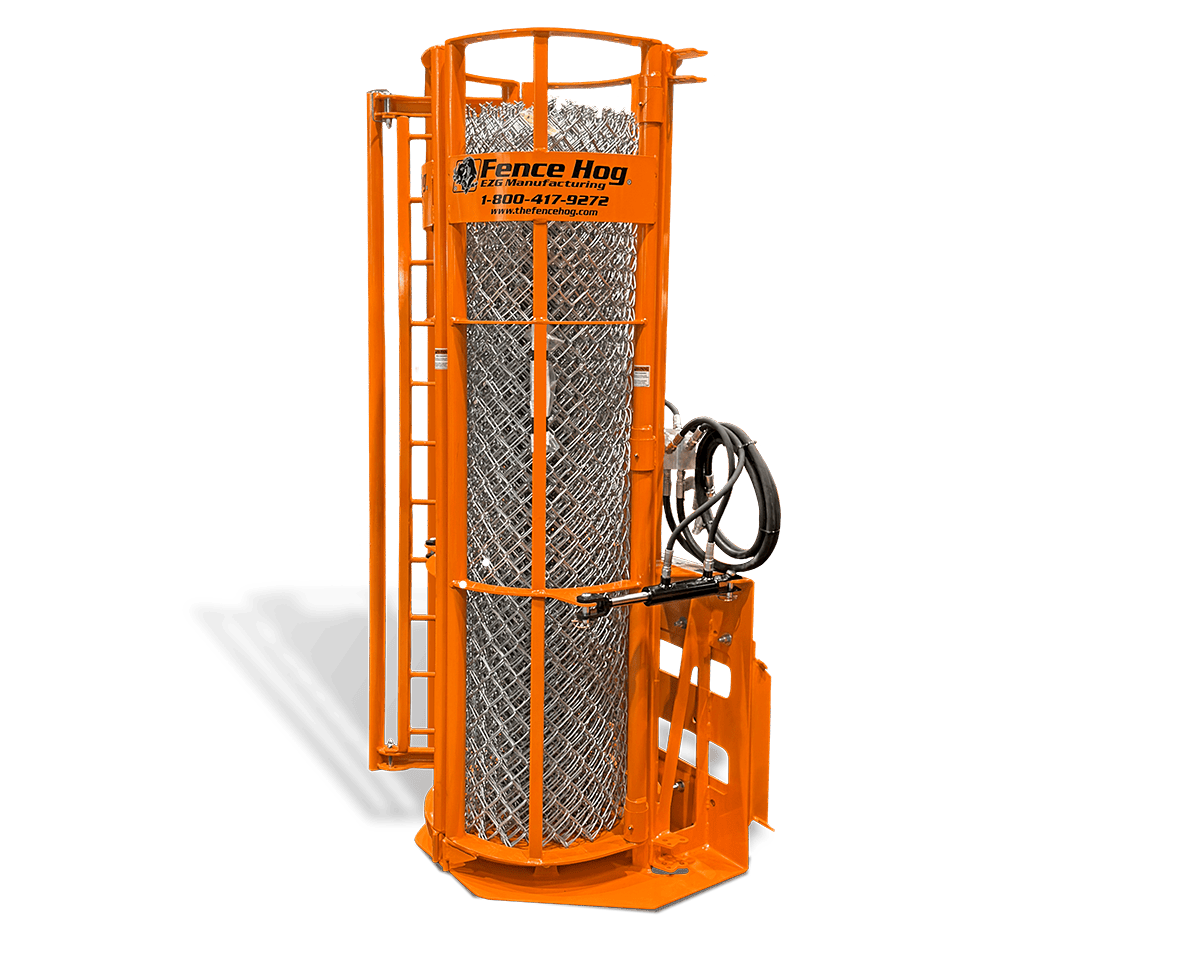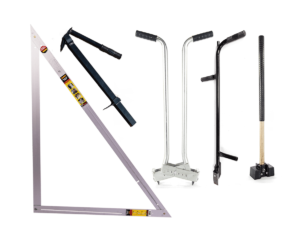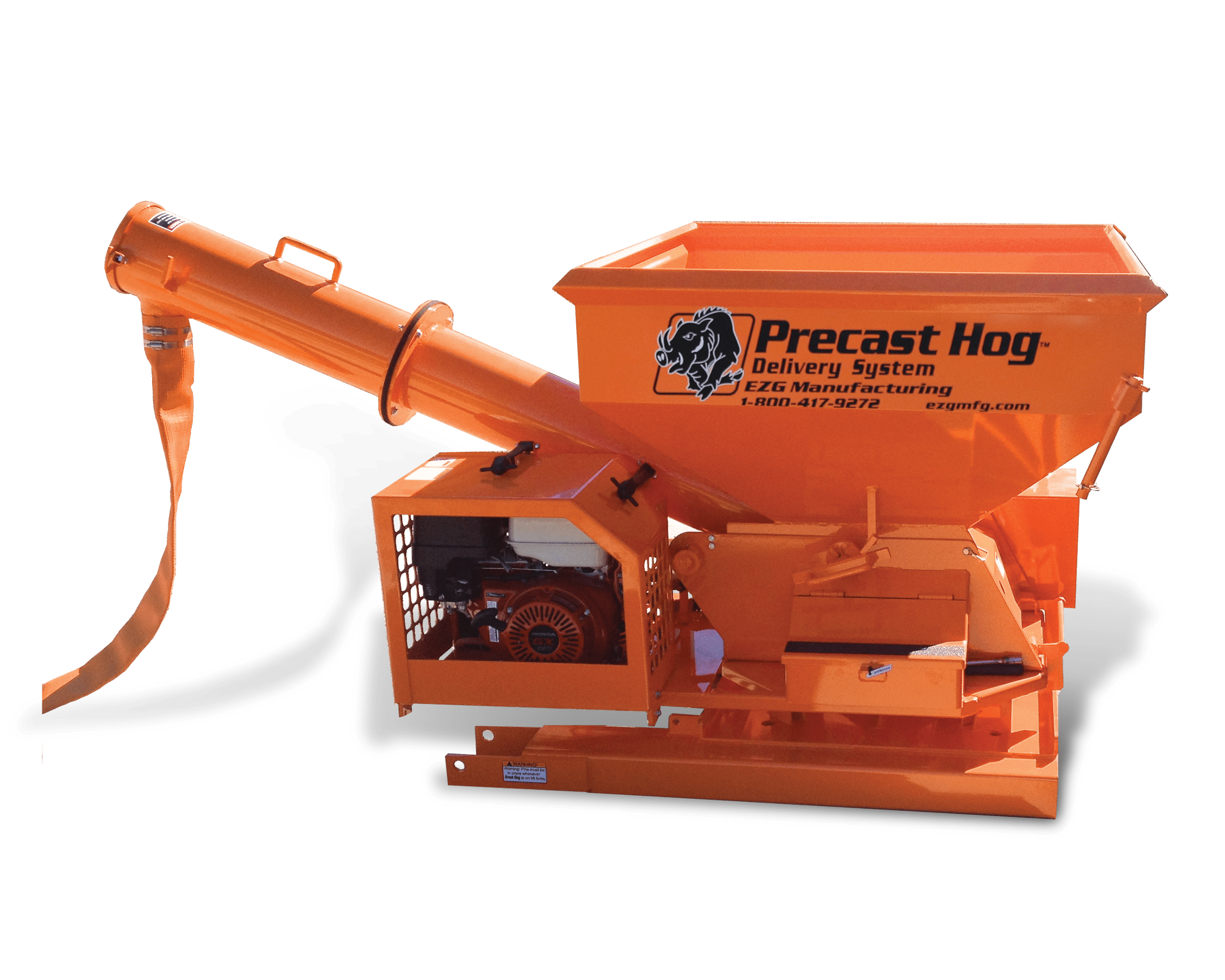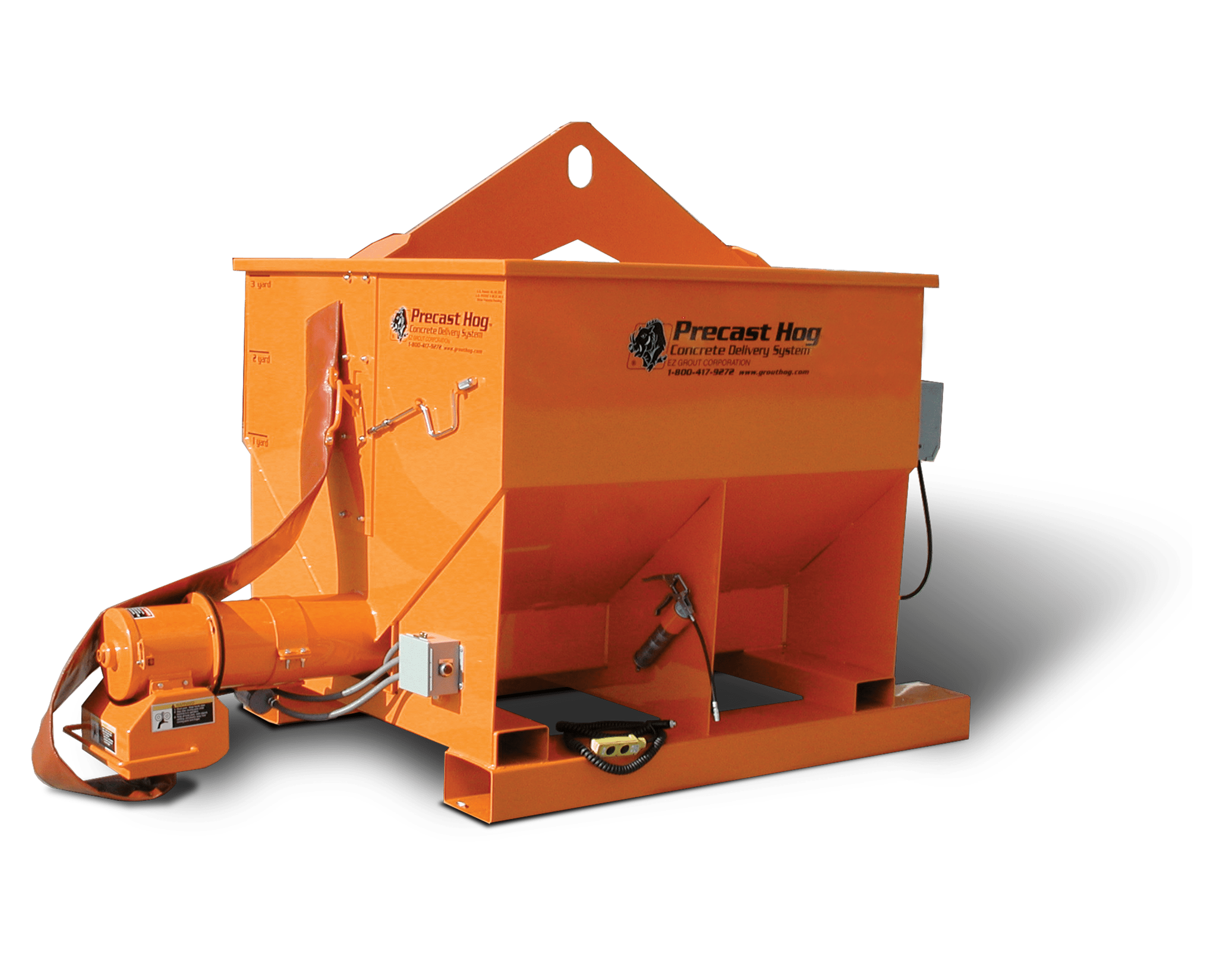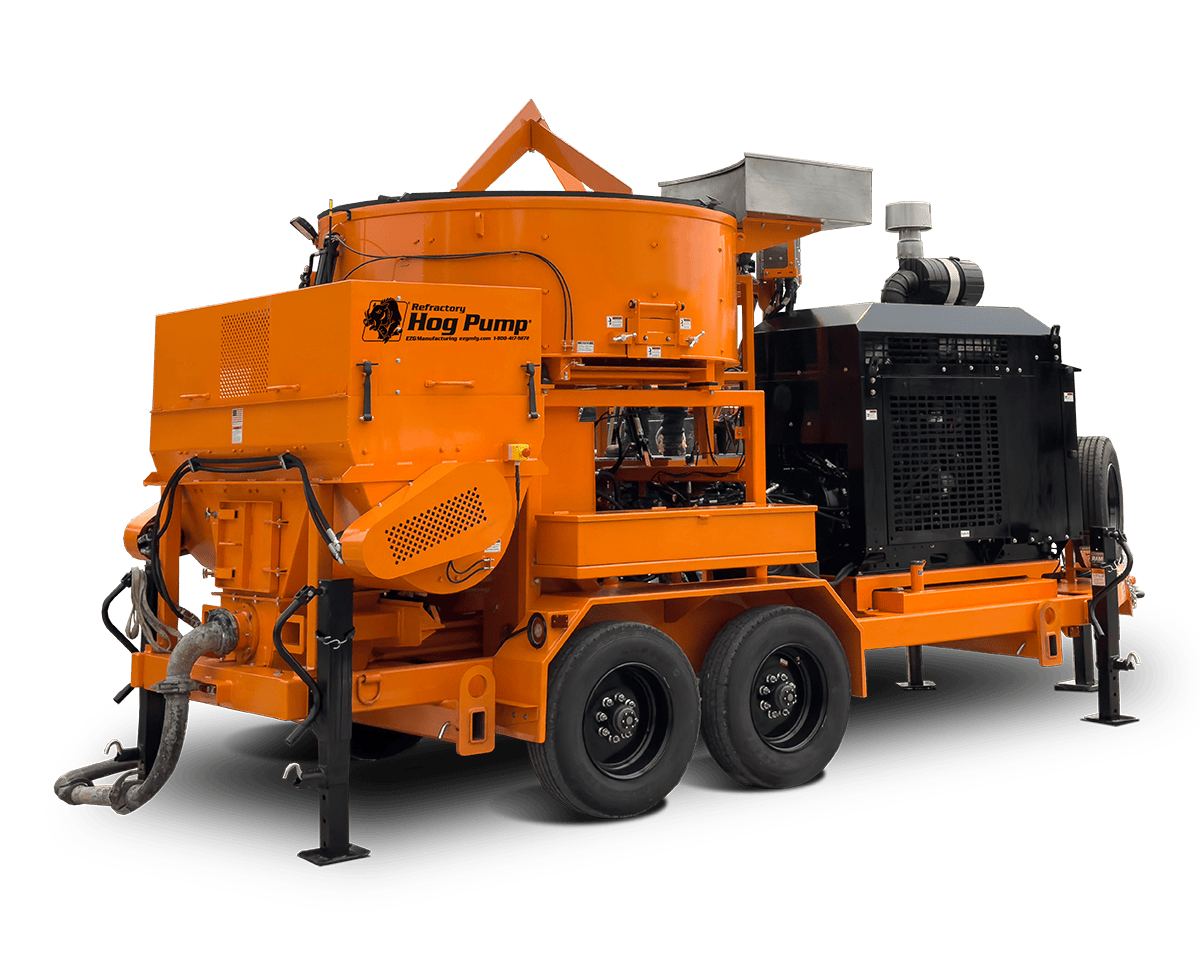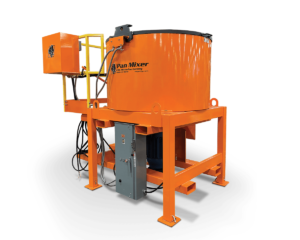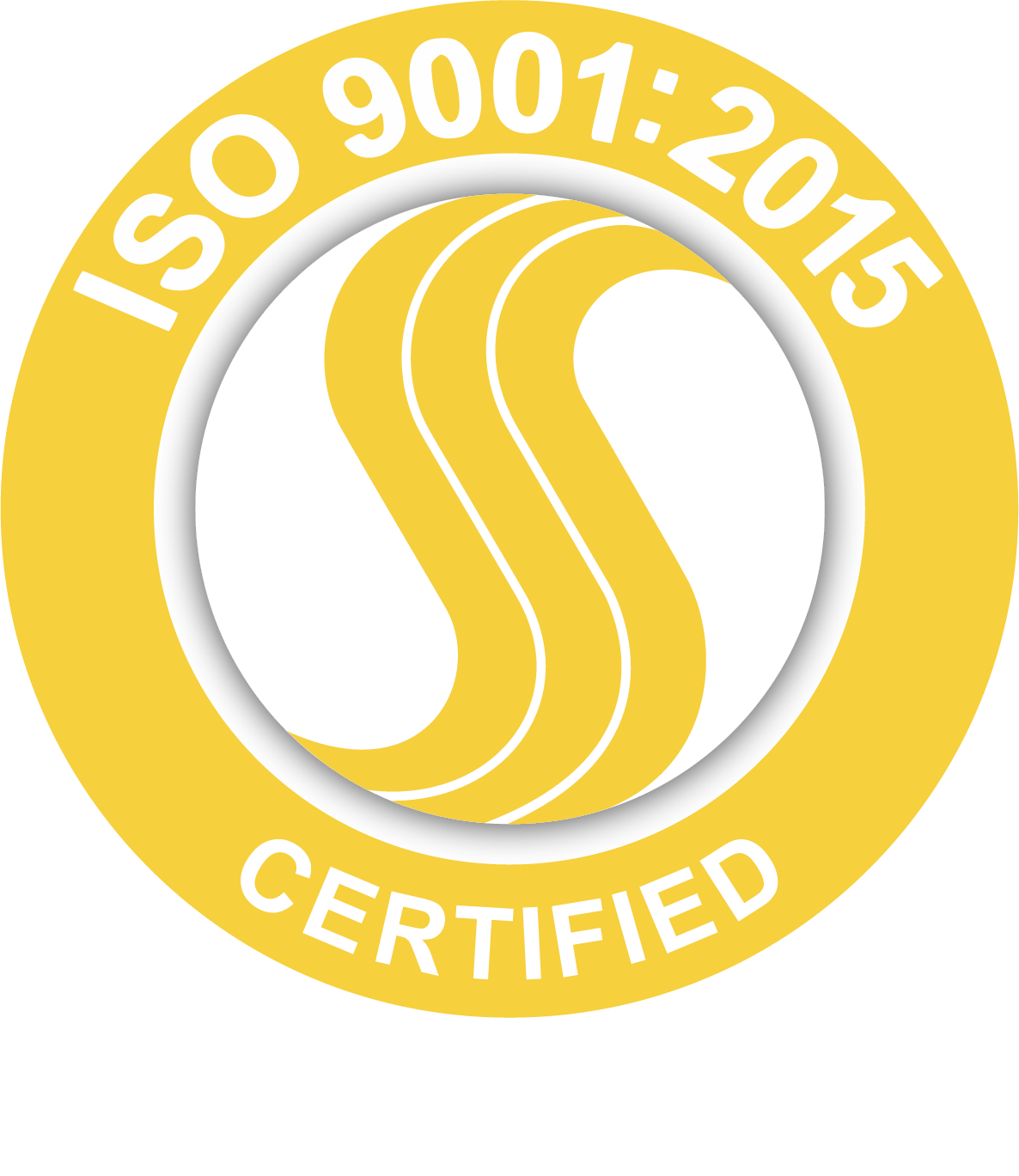The Standard Beyond Profit and Growth
A successful leader can drive profit margins and growth that look strong on paper, but numbers alone do not define leadership. The true measure lies in the principles you refuse to compromise when the pressure is greatest. This is both the burden and the privilege of leading.
I have seen seasons when business overflowed with opportunity. The phones rang nonstop, the work came in, the jobs lined up, and the energy in the air was contagious. I have also lived through days when a single announcement sent it all crashing down. Sometimes you can see it coming: a bad deal, a slow season, new competition. Other times it is completely unexpected and entirely out of your hands. That is what happened to us this year.
The Impact of Unexpected Change
In our companies, we had built a strong and steady team. At our peak, we employed 800 people, each one adding their skill and effort to what we were building together. Walking the yard and the factory floors, I knew the faces and the stories: a new baby, a graduation, a good laugh in passing.
Then came the announcement: tariffs. Some of our biggest customers and overseas suppliers were caught in the middle, and our manufacturing company was hit hard. It was as if a giant hand had reached down and crushed our profit margins beyond recognition.
Costs soared while sales dropped. Projects we had bid on in good faith suddenly made no financial sense. We ran the numbers every way we could, but the math stayed the same. Months of prosperity quickly turned into contingency meetings about what could be saved, and hardest of all, how to adjust our workforce.
The Weight of Hard Decisions
I’ve never liked the term “downsizing.” It sounds clinical, cold, and it doesn’t reflect reality. What it really means is people, families, college funds, and mortgages.
For us, it wasn’t just numbers on a spreadsheet. It was the people behind those numbers. The worst meetings I’ve ever had were the ones behind closed doors, sitting with my leadership team, debating who we could keep and who we’d have to let go. There’s simply no easy way to do this. Every name on that list was a person we cared about, and who cared about our companies.
We agonized over seniority, skills, current workload, and potential. I watched grown men and women, some with decades of service, fighting back tears as we held the fate of people we valued in our hands. That pain is real. As a leader, it’s impossible to leave it at the office. It follows you home and keeps you awake at night.
Transparency in Turbulent Times
Once we reached our decisions, the next challenge was telling the entire team. Rumors spread fast, and fear spreads even faster. I refused to let our people hear about layoffs through whispers in the break room.
We called a town hall. Standing in front of the team, I laid out everything. I explained the tariffs, the numbers, the decisions, and above all, the human cost.
I spoke honestly and without excuses. In my mind, I can still see the faces of everyone in the room. Their expressions showed shock, sadness, anger, and sometimes understanding. It was one of the hardest moments of my career. But the team deserved nothing less than to hear the truth straight from the top and how we didn’t reach these difficult decisions with careful throught for the people impacted. We answered questions, outlined next steps, and made sure everyone understood the resources available to them.
Facing the Community
Our companies are among the largest employers in the area, so the impact of our actions echoed far beyond our walls. The person in front of me in the grocery check-out line might be the spouse of someone we let go. At a school event or graduation, it might be a friend’s child. Each encounter reminds me of what we set in motion in the boardroom rippled through the community.
It never gets easier walking into a reunion or local event and shaking hands with someone you had once let go. Sometimes it is a look of sadness or frustration. Other times it is a quiet nod that says, “I get it,” acknowledging they knew the decisions were not personal. Encounters like these remind me of how closely connected our lives are in a small community.
Amid these encounters, however, something remarkable happens. People recognize the role our companies play in supporting families, strengthening infrastructure, and fueling the community. They understand that difficult calls are part of running a business. Their support has been a lifeline.
At a class reunion, a friend even said “He fired me, but that’s okay. It made me stronger.” Respect survives when you treat people fairly.
Lessons in Leadership
Leadership sounds simple on paper, but it is hard in practice. When business is strong, celebrate your team, remember the faces behind the numbers, and never take prosperity for granted. When times turn, lead with honesty, compassion, and transparency.
Don’t hide behind closed doors. Face your team, your community, and yourself with integrity. Make the hard decisions, but do it fairly. Let people see that you are willing to shoulder the burden, and still stand with them afterward.
Leadership isn’t about profits. It’s about being the kind of person people can trust, even when you must make the most complex decisions of your career. After more than 40 years in business, I can tell you this: You can survive downturns if you stay true to your values. The world will keep spinning, the parties will go on, and the communities you’ve built will still be there, even when the shadows fall.
The Tip of the Month: Be fair, be transparent, and never forget the human faces behind your toughest decisions. That’s what makes a leader worth following.
